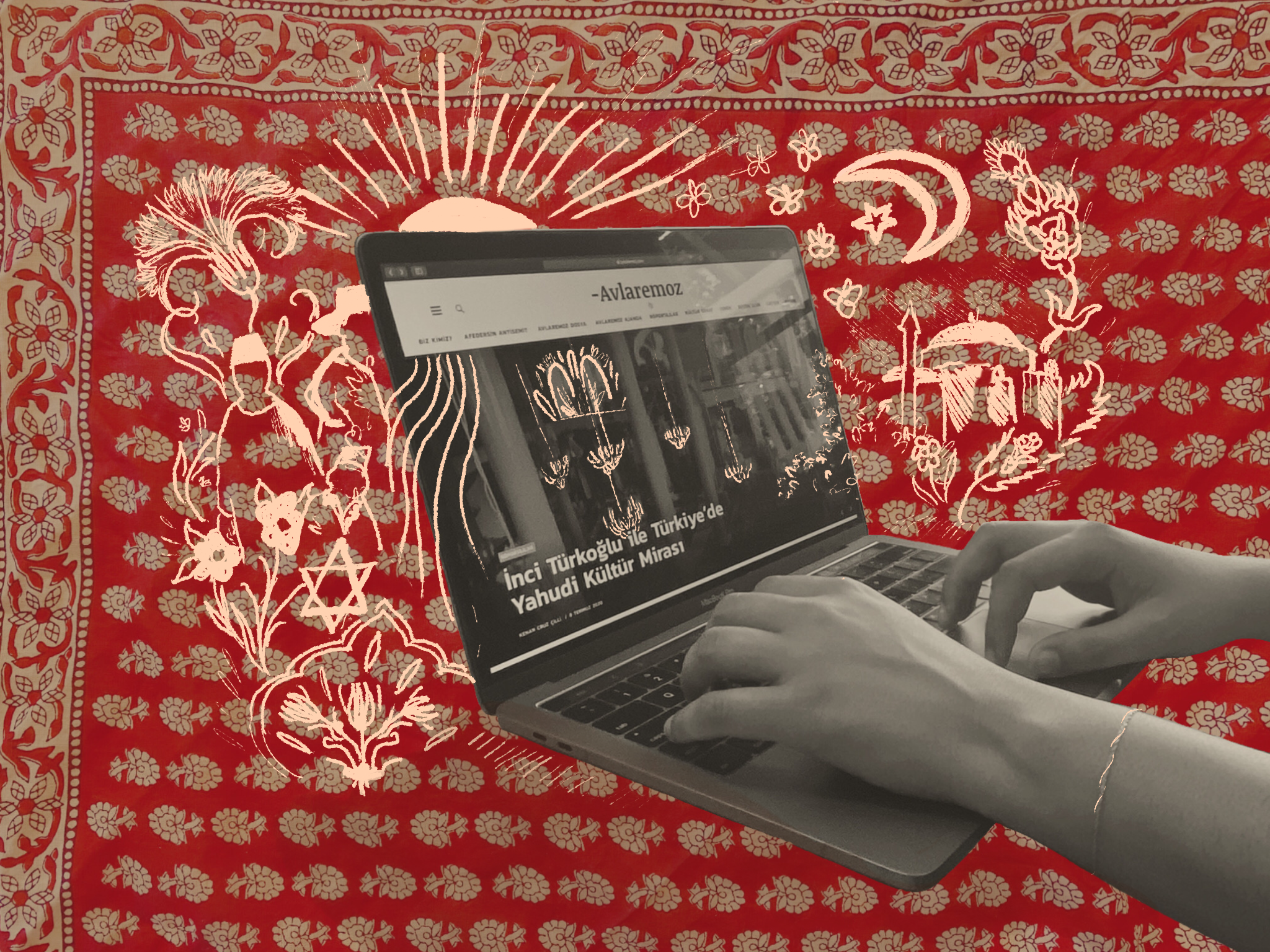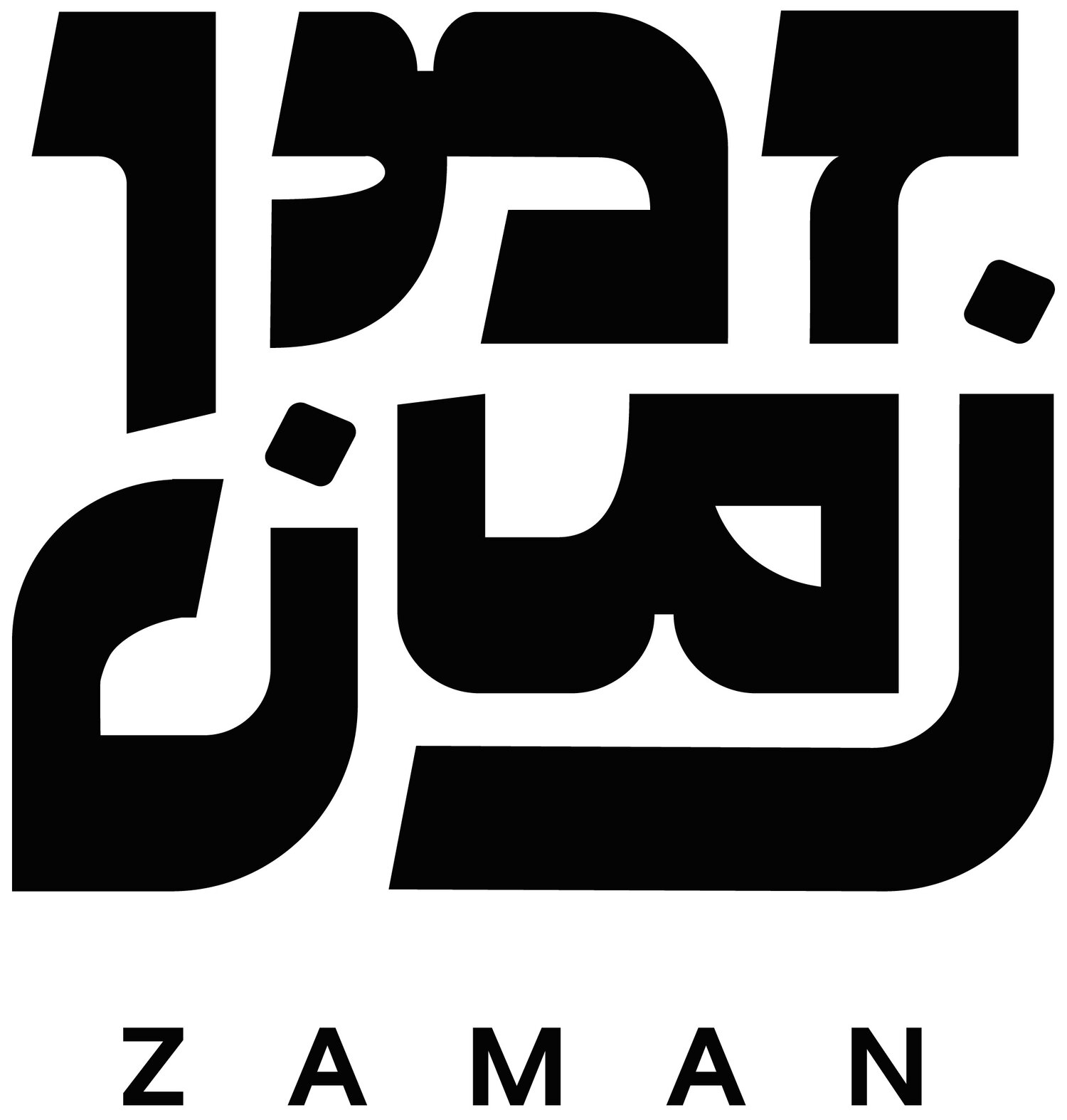
Ladin٥: a Sephardic Glossary of Queerness
2021 saw rising hostility against queer identities in Turkey, bringing the topic to the fore in discussions about its fraught language politics. By uncovering a largely undocumented Ladino vocabulary, Altaras sheds light on historical gender politics in Sephardic Turkey, and offers a means of building toward a Ladino without lexical limits.

(S)wordplay
The history of the seipa, a sword-shaped protective amulet worn by Kurdish Jews, can help us better understand how to care for one another and build trust across communal divisions in the face of illness and collective hardship.

Moris Farhi’s Rose-Tinted Turkishness
The Turkish writer Moris Farhi was an embodiment of a regional pluralism that the Republic would seek to cover under the blanket of nationalism. His faults as a starry-eyed representative of Turkish-Jewish unity expose the potency of the Jewish voice, and its silence, in Turkey.

Mashhadi in Morningside Heights
The daughter of immigrants from Mashhad’s crypto-Jewish community, Amini recounts her endeavor to move into the student dorms at Barnard College amid a retaliatory hunger strike at home and antiwar protests on campus.

The Seret ‘Aravi and the Israeli Imagination
As Israel ramped up rhetoric against the Egyptians in the late 1960s and early 1970s, families of all backgrounds and all walks of life gathered together in their homes to laugh, smile, and cry, watching the films of the “enemy.” By 1973, the two nations again found themselves at war, and yet the movies still captivated the Israeli public. In the morning, Israeli sons were sent to war on Egypt’s border, and in the evening their parents watched Egyptian films.

Del be Del / دل به دل
The Persian word for heart is ‘qalb’. When you talk about the throbbing, blood-pumping organ in the middle of your chest, ‘qalb’ is the word you use. But when it comes to what English-speakers know as matters of the heart, in Persian, they sit squarely in the del. When you're forlorn and missing someone, you're deltang — your del feels tight, not your qalb. When you sympathize with someone's misfortune, you're delsooz — your del burns for them. When you're overflowing with emotions and need to unload them, your del is por, or full. And the friend who listens supportively as you unload your woes is your deldar — they have your del.

Red Town
Misha shifts his weight from one foot to another. He holds his gaze firmly locked, and then sighs. He continues that his mother often recounted how “the camps were a reminder that all people can help each other out. Azeris, Estonians, Russians, Tatars – they were all in the camps alongside us – they shared their food with us, and we shared ours with them.” He says, “they joined Jewish celebrations, and my parents joined theirs.”

Persian Liturgy and the Beauty of Forgotten Differences
Based on the siddur of Saadia Gaon, Persian liturgy developed over hundreds of years into a distinct rite entirely separate from those of Ashkenazi, Sephardic, and Yemenite Jews. Persian Jews generally sat on the floor, removed their shoes in synagogues, and likely regularly engaged in full prostration. But genizah manuscripts reveal fascinating variations in language and Persian Jewish tradition that suggest our forgotten heritage is a unique one among modern Jewish communities.

Existing in Duality: A History of Mashhadi Jewry
The lives of Mashhadi Jews had been a mystery since the day they were forcibly converted to Islam, a day often referred to as Allahdad, or God’s Justice. These newly converted Muslims were called jadid al-Islam and could be seen observing Ramadan and buying halal meat from the city’s markets. Little did the surrounding Shia Muslim community know what lengths the Mashhadi Jews went to preserve their Jewish faith and identity behind closed doors.

A Faint Call in Turkish: Let’s Talk
A younger generation of Jews in Turkey, fed up with suppression and silence, has come together to create an online news and opinion platform: Avlaremoz (let’s talk).
